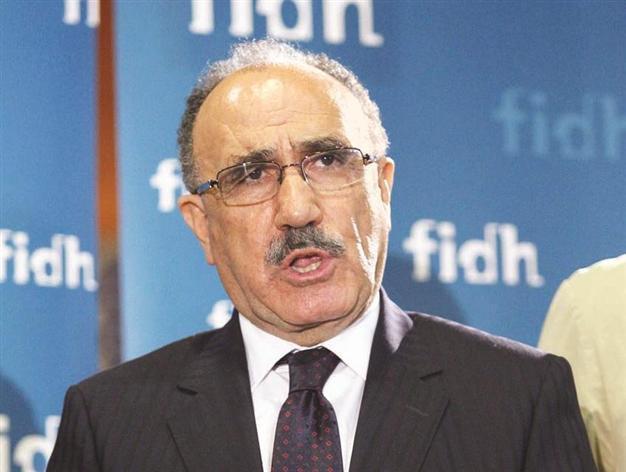Turkey had ‘a silent revolution’ on human rights: Deputy PM Atalay
ISTANBUL

Atalay speaks to reporters at FIDH conference in Istanbul on May 23, 2013. DHA photo
Turkey have been experiencing a “silent revolution” in the field of human rights for the last decade, Deputy Prime Minister Beşir Atalay said at the International Federation for Human Rights (FIDH) in Istanbul May 23, referring to the period since his Justice and Development Party (AKP) came to power.
“Human rights are in our essence,” Atalay said, stressing that the roots of the country went back to the Ottoman era. “’Live and let live, says the Ottomans’ philosophy, and we act according to that philosophy … Though it does not compare to the Arab Spring, for the 10 years we have been in power a silent revolution has taken place. We are taking rapid steps in democratization.”
Legal cases related to Turkey at the International Court of Human Rights have declined, he said, also adding that the conditions for detainment have improved and that the state now shows zero tolerance to torture.
Trade unionism and freedom of expression have also improved, Atalay said, also adding that Turkey aimed to be a watchdog for human rights across the world, citing problems in Syria, Palestine, Somalia and Mynamar.
Speaking at the same event, Nobel Peace Prize Laureate, Iranian lawyer Shirin Ebadi, meanwhile, commented on the 1979 Iranian revolution. “A living revolution has turned into a dictatorial revolution and has turned religion into a dictatorship instead of bringing freedom to the people,” she said.
Ebadi also said Turkey was ruled by a party with an Islamic perspective. She aslo underlined problems in Turkey linked to jailed journalists.
In addition, the European Union’s Special Representative for Human Rights, Stavros Lambrinidis, spoke about the 1967 junta in Greece, his home country, saying that everyone had responsibilities to protect human rights.
